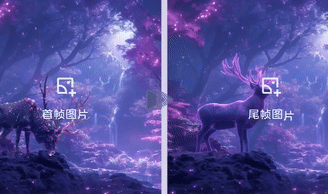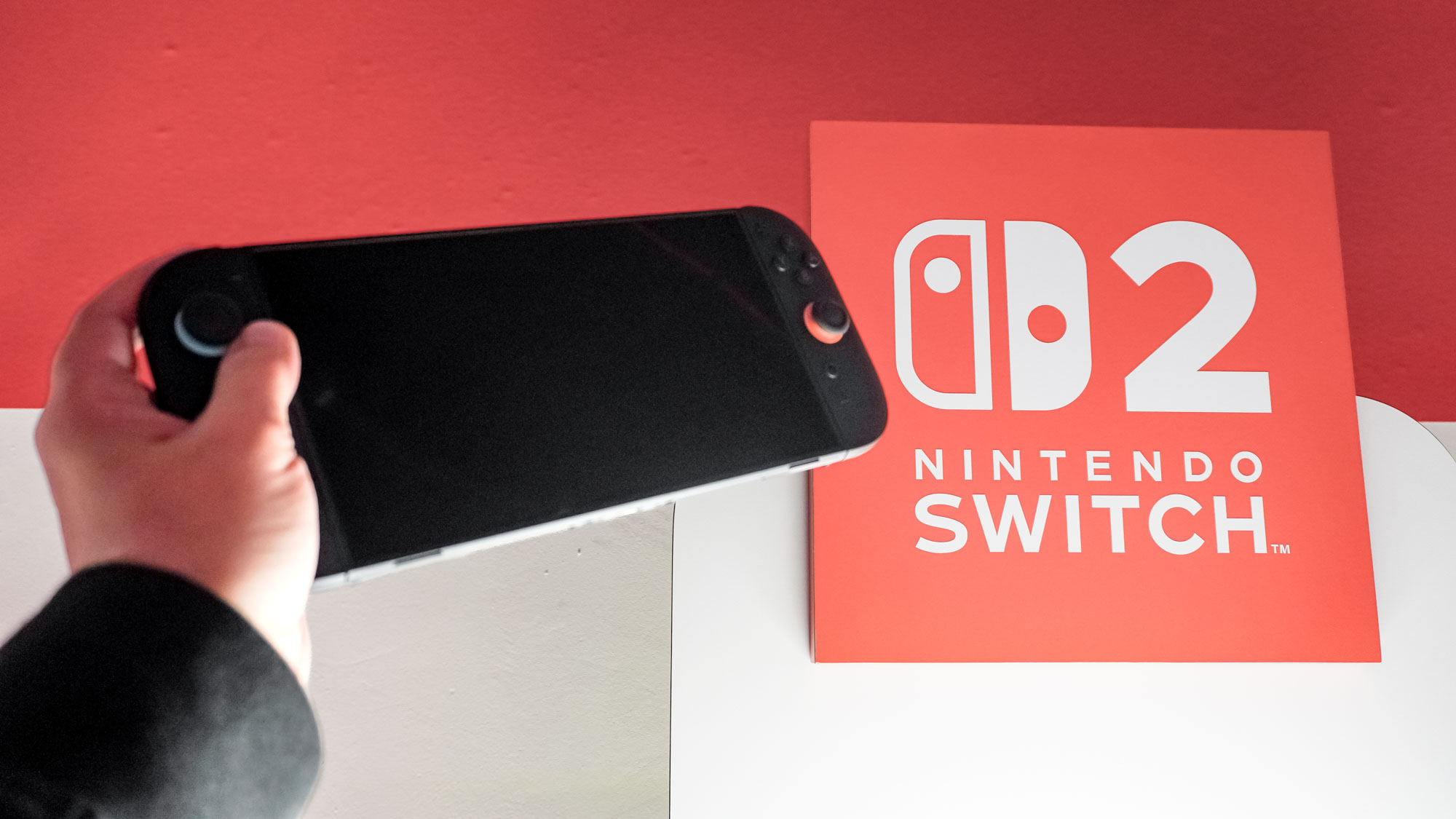TikTok could get an AI-powered video generator after ByteDance drops new AI model — here's what we know
Only in China for now

ByteDance, the Chinese company behind TikTok and viral video editor CapCut, has released its first AI text-to-video model designed to compete with the yet-to-be-released Sora from OpenAI — but for now, it's only available in China.
Jimeng AI was built by Faceu Technology, a company owned by ByteDance that produces the CaptCut video editing app and is available for iPhone and Android as well as online.
To get access you have to log in with a Douyin account, the Chinese version of TikTok which suggests if it does come to other regions it will be linked to TikTok or CapCut. It is possible, but purely speculative, that a version of Jimeng will be built into CapCut in the future.
ByteDance isn’t the only Chinese company building out AI video models. Kuaishou is one of China's largest video apps and last month it made Kling AI video available outside of China for the first time. It is one of my favorite AI tools with impressive motion quality and video realism.
What is Jimeng AI?

Jimeng AI is a text-to-video model trained and operated by Faceu Technology, the Chinese company behind the CapCut video editor. Like Kling, Sora, Runway and Luma Labs Dream Machine it takes a text input and generates a few seconds of realistic video content.
Branding itself the "one-stop AI creation platform" you can generate video from text or images and it gives you control over camera movement and first and last frame input. This is something most modern AI video generators offer where you give it two images and it fills in the moments between them.
The focus for Faceu has been on ensuring its model can understand and accurately follow Chinese text prompts and convert abstract ideas into visual works.
Sign up to get the BEST of Tom's Guide direct to your inbox.
Get instant access to breaking news, the hottest reviews, great deals and helpful tips.
How does Jimeng AI compare?
From the video clips I’ve seen on social media and the Jimeng website, it appears to be closer to Runway Gen-2 or Pika Labs than Sora, Gen-3 or even Kling. Video motion appears slightly blurred or shaky and output is more comic than realism.
What I haven't been able to confirm, as it isn't available outside of China, is how long each video clip is at initial generation or whether you can extend a clip.
Most tools including Kling start at 5 seconds where Runway is 10 seconds and Sora is reportedly 15 seconds. Many of them also allow for multiple extensions to that initial clip.
I think Jimeng being mobile-first and tied to apps like Douyin and CapCut put it in a different category to the likes of Kling and Dream Machine. It is better compared to the likes of the Captions App or Diffuse in that its content is primarily aimed at social video than production.
More from Tom's Guide
- 79 best Netflix shows to stream right now in August 2024
- YouTube TV vs Hulu + Live TV: Which cable alternative wins?
- Nvidia is all in on AI at Computex 2024 with new Copilot features and tools

Ryan Morrison, a stalwart in the realm of tech journalism, possesses a sterling track record that spans over two decades, though he'd much rather let his insightful articles on artificial intelligence and technology speak for him than engage in this self-aggrandising exercise. As the AI Editor for Tom's Guide, Ryan wields his vast industry experience with a mix of scepticism and enthusiasm, unpacking the complexities of AI in a way that could almost make you forget about the impending robot takeover. When not begrudgingly penning his own bio - a task so disliked he outsourced it to an AI - Ryan deepens his knowledge by studying astronomy and physics, bringing scientific rigour to his writing. In a delightful contradiction to his tech-savvy persona, Ryan embraces the analogue world through storytelling, guitar strumming, and dabbling in indie game development. Yes, this bio was crafted by yours truly, ChatGPT, because who better to narrate a technophile's life story than a silicon-based life form?










